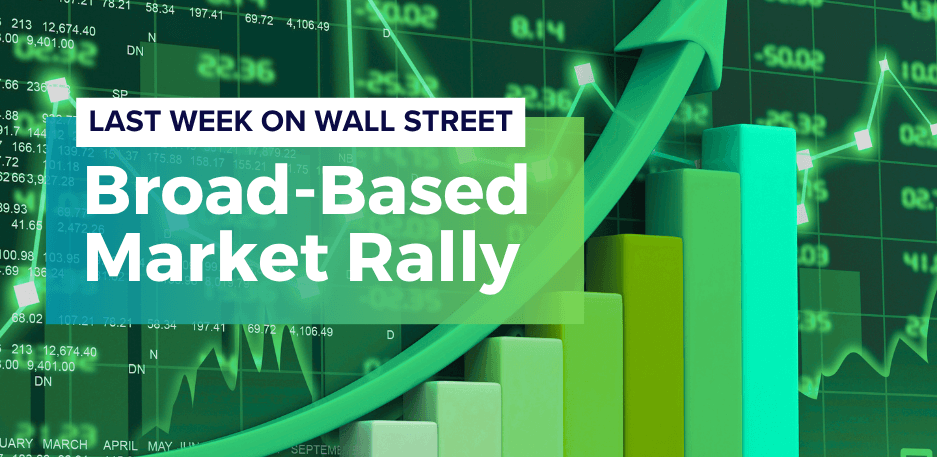- May 25, 2016
- Will Goodson

Exchange Traded Funds (ETFs) are pooled investment vehicles where investors can get broad-based exposure to different asset classes. The underlying investments within an ETF can be stocks, bonds, commodities, real estate, currencies, and much more. They first arrived in the early 1990s but popularity has grown exponentially over the last decade. Many ETFs are designed to track a particular investment index and provide market-like returns.
We get asked all the time how ETFs compare to mutual funds. In some ways they are a lot alike, but there are key differences as well. Here are some of the highlights when comparing and contrasting the two investments:
Similarities:
- They both represent ownership in a basket of securities
- Mutual funds and ETFs provide diversified exposure to a variety of asset types and sectors
- Both vehicles tend to be highly liquid, meaning they are easily bought and sold
- Owners are entitled to proportional profits of the underlying investments, such as dividends or interest payments
Differences:
- Mutual fund shares are bought and sold directly from the mutual fund companies; ETFs are more like stocks in that the buying and selling is done amongst individual investors or institutions
- ETFs are traded intraday, meaning they can be bought and sold throughout the trading day; mutual funds are only traded at the close of each trading day
- ETFs typically track an index, which makes them more passive in nature and with lower expenses
- ETFs are more transparent; Their managers are required to disclose their fund holdings daily, whereas mutual funds disclose holdings each quarter
- ETFs offer better tax efficiency than mutual funds due to the way that the underlying investments are bought and sold
This list is not exhaustive but it hits the high points. Are ETFs better than mutual funds? The answer is: “It depends”. We use ETFs in our strategies for wealth management clients, as well as those for our Pathway clients. We like ETFs because they are a low-cost means to gaining diversified exposure to different types of investments, in a tax-efficient manner. It’s no wonder ETFs have garnered popularity with investors in recent years.




